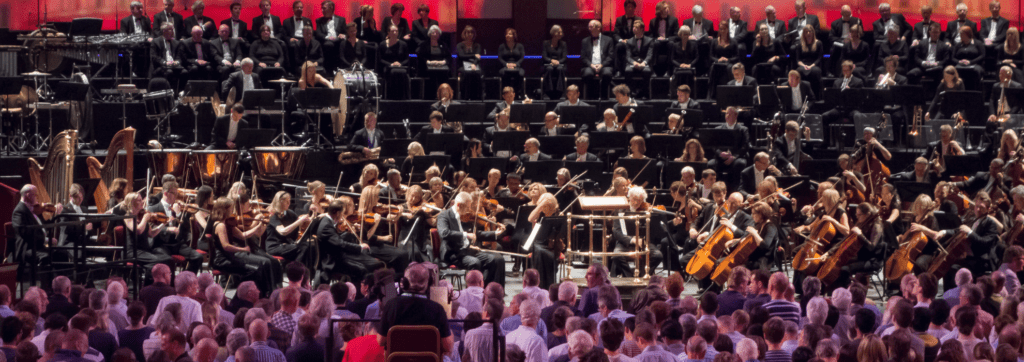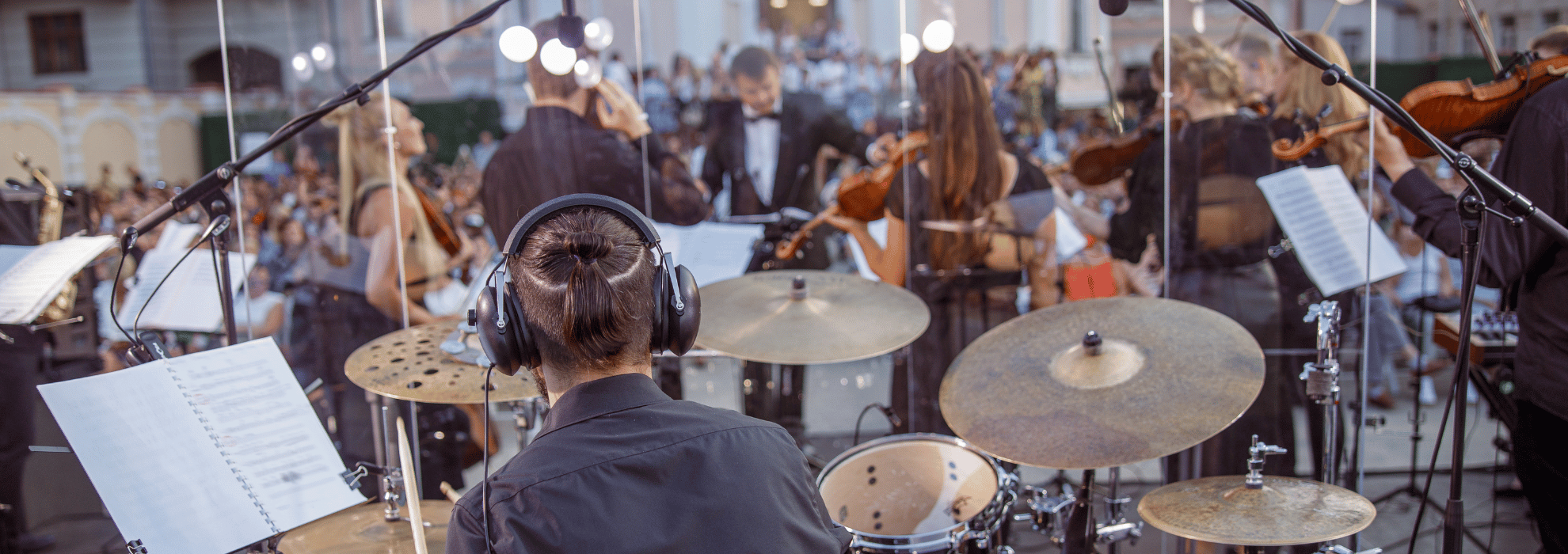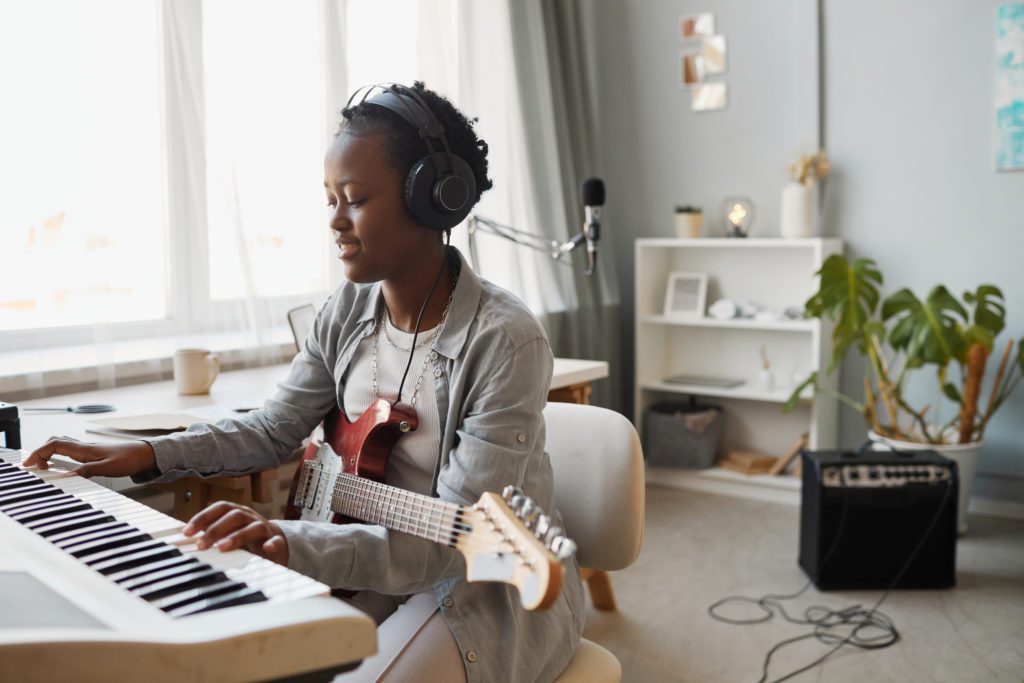The Power of the Ensemble

Music education extends far beyond individual skill development and technical proficiency. One of music education’s most powerful and transformative aspects lies in ensemble playing. Whether it’s a choir, orchestra, band, or small ensemble, the collaborative nature of making music together cultivates teamwork, cooperation, and interpersonal skills. This article will explore the importance of ensemble playing in music education and its profound impact on students’ personal and musical growth.
Fostering Collaboration
Ensemble playing in music education provides a unique opportunity for students to work collaboratively towards a common goal. It teaches them the value of listening to others, blending their sound, and synchronising their playing. Students learn to communicate effectively, compromise, and contribute to the musical experience through regular rehearsals and performances. These skills translate beyond the rehearsal room and apply to various aspects of life.

Developing Musical Independence
Ensemble playing allows students to develop their musical independence while working as part of a larger musical unit. They learn to be accountable for their individual part while considering how it fits within the larger musical context. This fosters a sense of responsibility, discipline, and self-motivation, as each student understands the significance of their contribution to the ensemble’s overall sound and success.
Nurturing Listening Skills
Listening skills are essential in music, and ensemble playing provides an ideal platform for their development. Students learn to listen attentively to their fellow musicians, adjusting their playing to maintain balance, dynamics, and intonation. They become more sensitive to nuances and subtleties in the music, enhancing their overall musicianship. Active listening in ensemble settings sharpens their ears and helps them become more perceptive musicians.

Cultivating Emotional Intelligence
Music can evoke emotions, and ensemble playing amplifies this experience. Collaborating with others to create a musical performance requires students to express and interpret emotions collectively. They learn to empathise with their fellow musicians, respond to their musical ideas, and contribute to the overall emotional impact of the music. This process enhances their emotional intelligence, fostering a deeper connection to the music and the audience.
Building Trust and Support
Ensemble playing builds a strong sense of trust and support among students. They rely on each other to create a cohesive performance, fostering a supportive and encouraging environment. Students learn to embrace constructive feedback, offer assistance, and celebrate each other’s achievements. This camaraderie enhances their musical experience and creates lasting friendships and a sense of belonging.

Ensemble playing is a vital component of music education beyond developing technical skills. Students reap numerous benefits from participating in ensembles through collaboration, musical independence, listening skills, emotional intelligence, and building trust and support. As music educators, it is crucial to prioritise ensemble experiences and create opportunities for students to engage in collaborative music-making. By doing so, we equip them with essential life skills that extend far beyond the realm of music, preparing them to thrive in an interconnected world.



